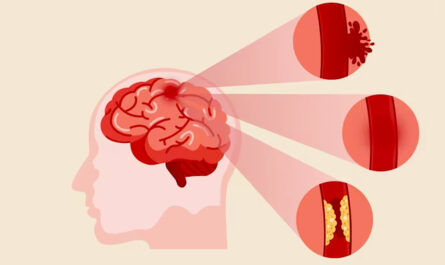New research published in the Journal of Clinical Oncology suggests that HPV vaccines not only prevent cervical cancer in women but also reduce the risk of various types of cancer in men. However, the study indicates that vaccination rates among boys lag behind those of girls in the United States.
The HPV vaccine was initially developed to prevent cervical cancer in women. Its effectiveness in reducing cervical cancer rates is well-documented. However, evidence of its impact on cancer prevention in men has been less clear. The new study, which compared 3.4 million vaccinated and unvaccinated individuals of similar ages, reveals that the Cancer Vaccine significantly lowers the risk of developing HPV-related cancers in men, including those of the anus, penis, and mouth and throat.
The researchers found that vaccinated women had a lower risk of developing cervical cancer within five years of getting the shots. For men, the benefits extended to a reduced risk of developing any HPV-related cancer. In the study, there were 57 HPV-related cancers among the unvaccinated men, primarily head and neck cancers, compared to 26 among the vaccinated men.
Dr. Joseph Curry, a head and neck surgeon at the Sidney Kimmel Cancer Center in Philadelphia and a co-author of the study, stated, “We think the maximum benefit from the vaccine will actually happen in the next two or three decades. What we’re showing here is an early wave of effect.”
Two studies, including this one, were presented at the American Society of Clinical Oncology annual meeting in Chicago on Thursday. The second study revealed that while vaccination rates have been rising, males continue to lag behind females in getting the HPV shots.
HPV, or human papillomavirus, is a common sexually transmitted infection. Most HPV infections clear up on their own, but some can lead to cancer. According to the Centers for Disease Control and Prevention, about 37,000 HPV-related cancers are diagnosed each year in the United States.
Since 2006, the HPV vaccine has been recommended for girls aged 11 or 12 in the U.S., and since 2011, for boys of the same age. The CDC also recommends catch-up shots for anyone through age 26 who hasn’t been vaccinated.
The second study showed that vaccination rates among females rose from 38% to 49% between 2011 and 2020, while rates among males increased from 8% to 36% during the same period.
*Note:
1. Source: Coherent Market Insights, Public Source, Desk Research
2. We have leveraged AI tools to mine information and compile it.




